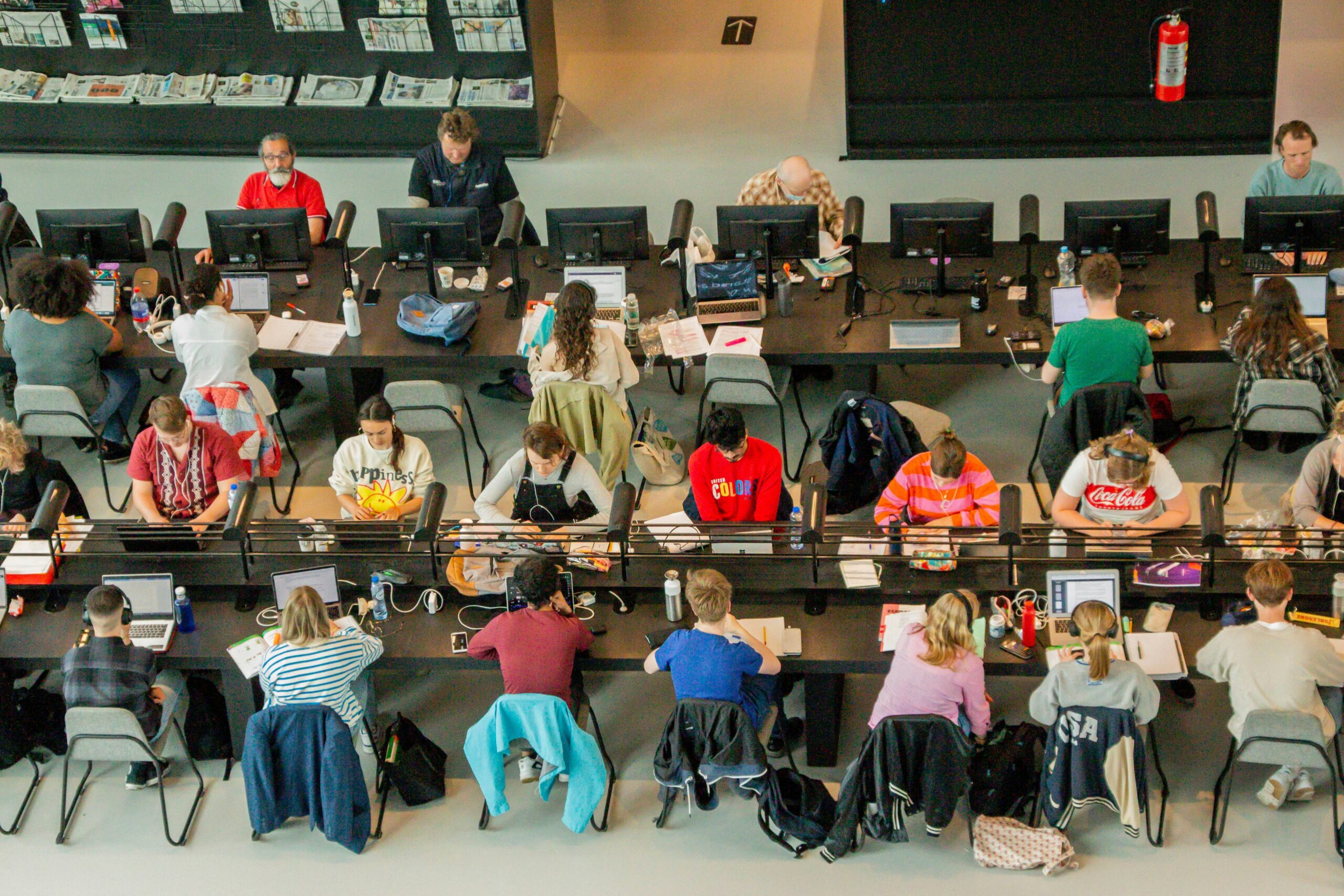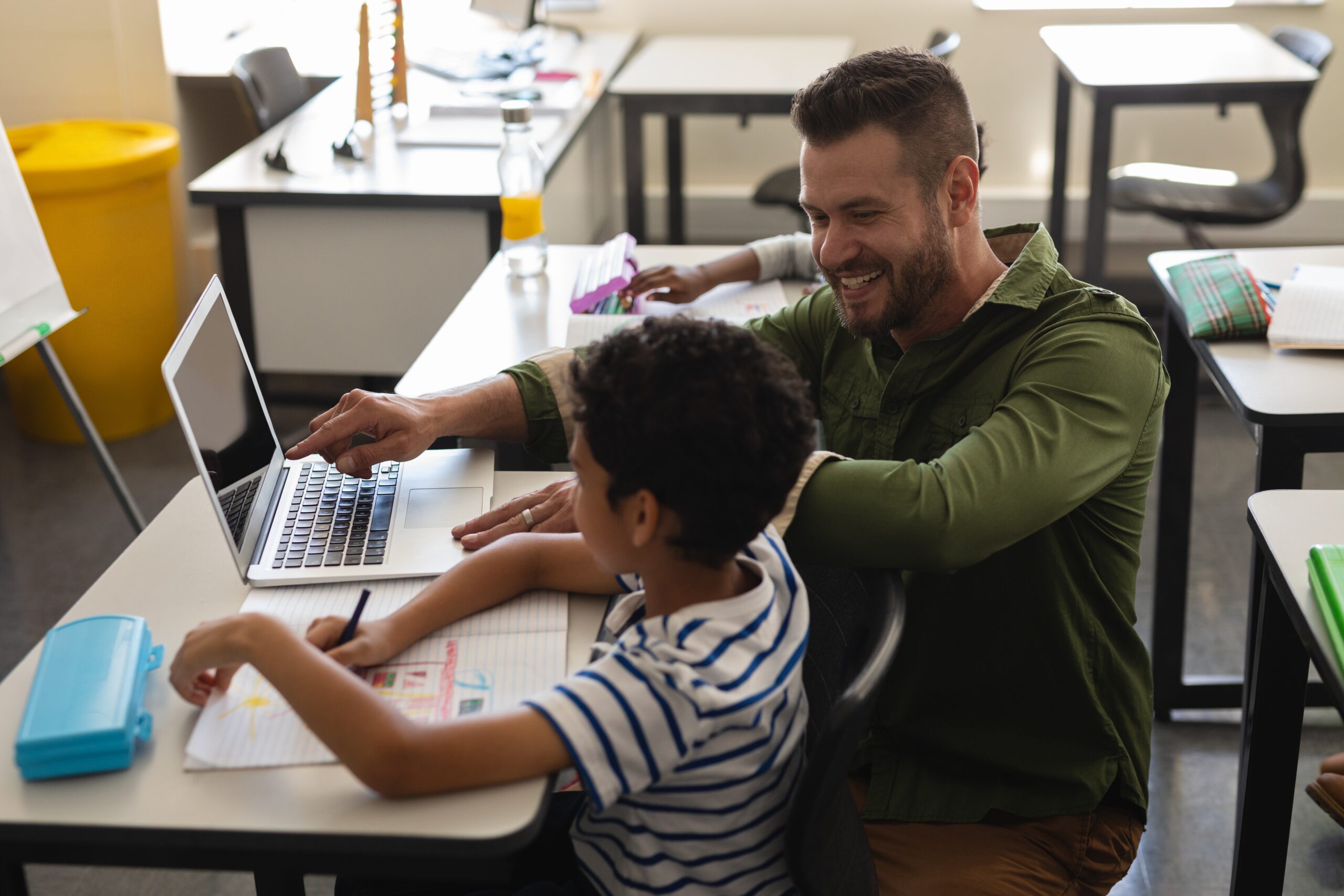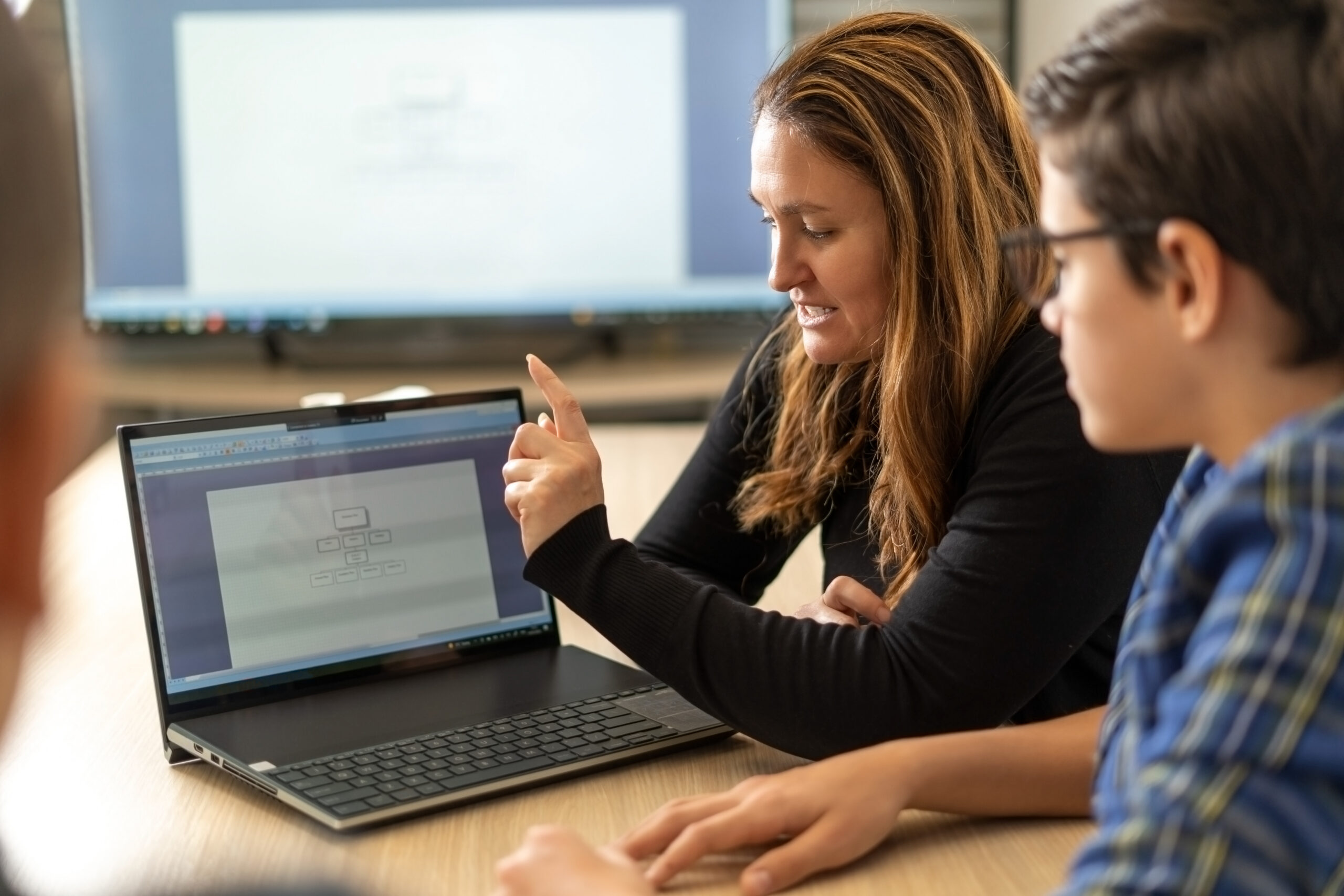Improving Hybrid Human-AI Tutoring By Differentiating The Human Tutor’s Role Based On Student Need Hybrid human-AI tutoring research highlights the promise of scaling personalized learning by combining adaptive AI tutor support with personalized instructional and motivational guidance from human tutors. However, emerging evidence suggests that human-AI tutoring is more beneficial for lower-performing students than higher-performing […]
The Neglected 15%: Positive Effects Of Hybrid Human-AI Tutoring Among Students With Disabilities
The Neglected 15%: Positive Effects Of Hybrid Human-AI Tutoring Among Students With Disabilities Abstract Incorporating human tutoring with AI holds promise for supporting diverse math learners. In the U.S., approximately 15% of students receive special education services, with limited previous research within AIED on the impact of AI-assisted learning among students with disabilities. Previous work […]
Scenario-Based Training And On-The-Job Support For Equitable Mentoring
Personalized Learning2 (PL2) is a professional mentoring platform created by researchers at Carnegie Mellon. Its goal is to improve workplace efficiency and utilize personalized learning to teach through situation-based instruction. PL2 combines both AI and mentor driven research training to help under-trained tutors with personalized learning. This platform includes social-emotional learning, math content and culturally responsive teaching practices to address the gap between historically marginalized students by training tutors to be more efficient and productive. PL2 offers a lower cost option for deliberate practice in order to increase impact and learning capacity of tutors.
Development Of Scenario-Based Mentor Lessons
This demonstration shows the recent advancement of scenario based tutor training and its focus on using the learn-by-doing approach. The 15 minute lessons outlined in this study use the predict-observe-explain inquiry method to develop tutor skills in helping student motivation. These methods are being developed within the Personalized Learning2 (PL2) program. PL2 is an app that combines student software with human tutors to improve mentoring ability. Enhancing mentor training will help to increase student ability while also maintaining low costs. This form of training works best when tutors have scenario based practice with response specific feedback.
An Evaluation Of Perceptions Regarding Mentor Competencies For Technology-Based Personalized Learning
This study discusses the development of Personalized Learning 2 (PL2), an online human mentoring system. PL2 uses student math learning data and mentor input to write custom feedback. This particular research is focused on finding a more efficient and research-based way to organize resources for PL2. 18 PL2 partner members completed a survey that revealed that Engaging and Motivating Students was the most important skill and Underingstanding Educational Norms and Policies was the least important. Reorganization will optimize mentor training and their ability to help students overcome barriers.
Computer-Supported Human Mentoring
In a recent study, math problems in Carnegie Learning’s MATHia adaptive learning software were rewritten by human authors and AI to improve clarity. Findings showed that readers spent less time reading rewritten human content and achieved higher mastery than did readers who read the original content. The team conducting the study also used GPT-4 to rewrite the same set of math word problems with the same guidelines that the human authors used. comparing zero-shot, few-shot and chain-of-thought prompting strategies. Overall, report analysis of human-written, original and GTP-written problems showed that GTP rewrites have the most optimal readability, lexical diversity and cohesion scores, though used more low frequency words. Carnegie Learning plans to present their outputs at randomized field trials in MATHia.






